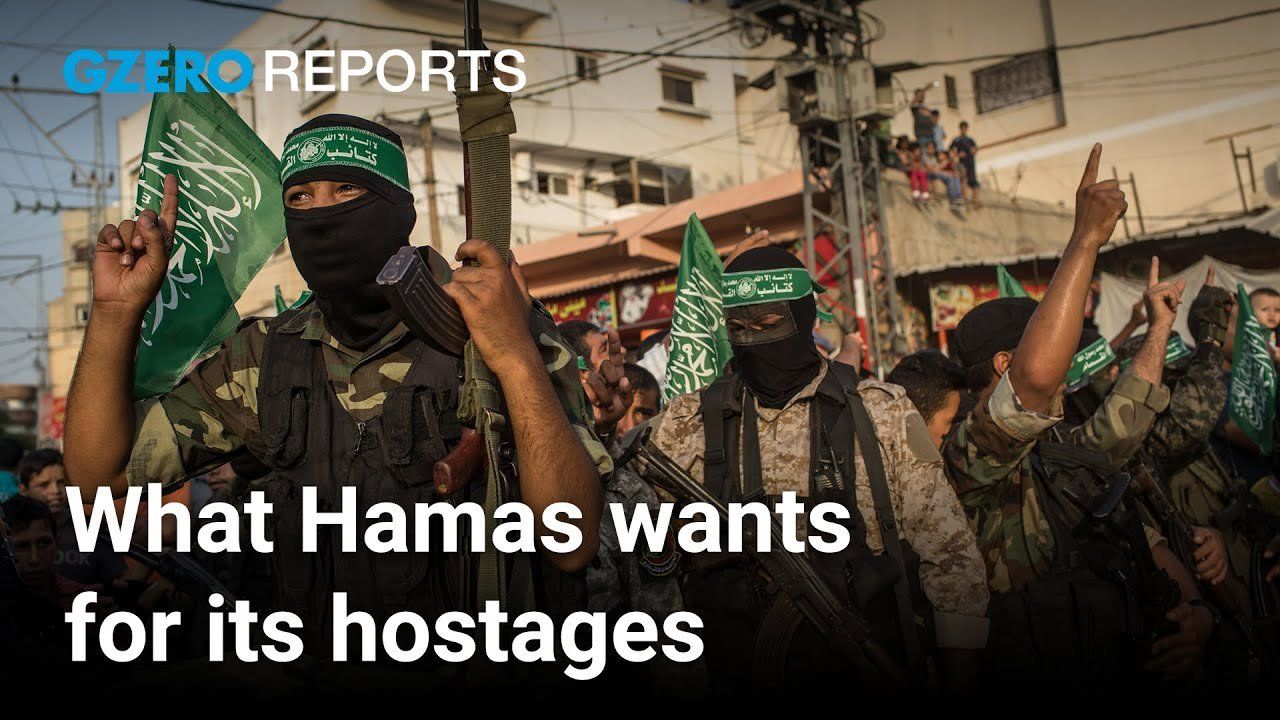GZERO World Clips
Dealing with Hamas: What a former hostage negotiator learned

Dealing with Hamas: What a former hostage negotiator learned | GZERO Media

What's it like to negotiate directly with Hamas?
On GZERO World with Ian Bremmer, Alex Kliment spoke with Gershon Baskin, a hostage negotiator who's dealt directly with Hamas, about the 240 estimated Israeli hostages being held captive in Gaza, what it will take to bring them home, and how to find common in tough negotiations. When Baskin secured the 2011 release of Gilad Shalit, an Israeli solider held captive for 5 years, he developed a relationship with Ghazi Hamad, a Hamas leader who’s currently a spokesperson for the war in Gaza.
“The main thing that worked in the past was time,” Baskin tells Kilment, “[Hamad and I] spoke more than a thousand times. In the end, it was the trust that developed between us that enabled us to expose all our cards.”
What is happening today in Gaza is entirely unprecedented, Baskin says. There is no direct contact between the two sides, so they have to use third parties to negotiate, each having their own interest and stake in the situation. Add to that, the fact that among the hostages are many women, young children, and elderly people, making the stakes even higher. Israeli is willing to pay a high price to secure their release, but will they agree to the price Hamas wants?
It's one of the few sources Americans across the political spectrum still rely on.
Think you know what's going on around the world? Here's your chance to prove it.
America’s new National Security Strategy confirms what Europeans have feared for months: Washington now sees a strong, unified European Union as a problem to be solved, not an ally to be supported.
Sports inspire greatness, determination, and resilience — both on and off the field. Bank of America is proud to celebrate the achievements of and uplift communities through the power of sports. Learn more about how Bank of America supports athletes in life and in the game.